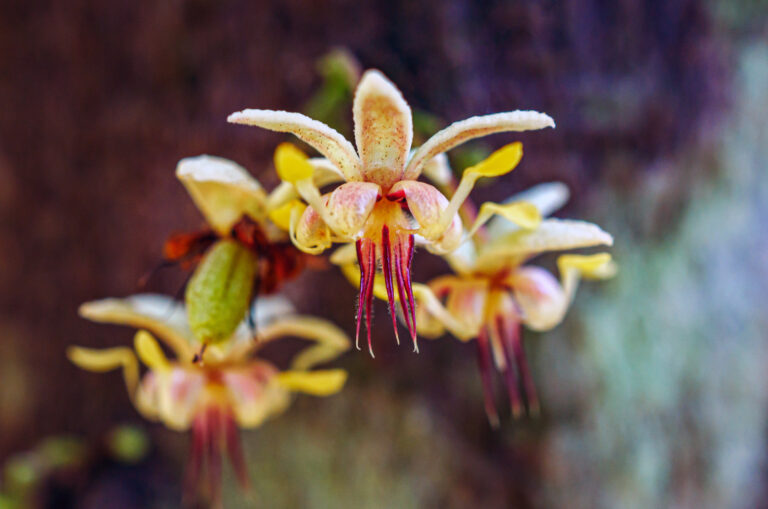Cocoa is a sought-after raw material in the food industry due to its aroma and dark color. However, rising costs, ecological concerns, and ethical considerations are increasing the demand for alternatives. Innovative substitutes are opening new avenues for product development.
Carob Powder – The Underestimated Alternative to Cocoa
A promising cocoa substitute is carob powder. It is derived from the pods of the carob tree and impresses with its natural sweetness and caramel notes. Carob powder not only adds color but also volume to products, making it ideal for baked goods, desserts, and beverages.
Natural Color and Flavor Solutions as Cocoa Substitutes
Coloring foods such as apple juice, beetroot, or black carrot concentrate can be used to achieve cocoa-like brown tones. Malt extracts also score points with their malty flavor and versatile applications.
When cocoa is removed from a recipe, selected yeast extracts can enhance the dark, cocoa-like flavors in a product. Trials in chocolate milk or biscuits have shown that even very low dosages can replace up to a third of the cocoa powder.
CBE as Functional Building Blocks in Chocolate Recipes
In chocolate recipes, CBEs (cocoa butter equivalents) offer functional advantages: better texture, easier processing, and higher storage stability. They optimize mouthfeel and prevent fat bloom.
The diverse functionalities of cocoa substitute products make them exciting options for the food industry and creative kitchens alike.
Contact Us!
For more information about our manufacturing partners and related products please contact us: hc.noitirtuntcelesobfsctd-424a97@yriuqni



